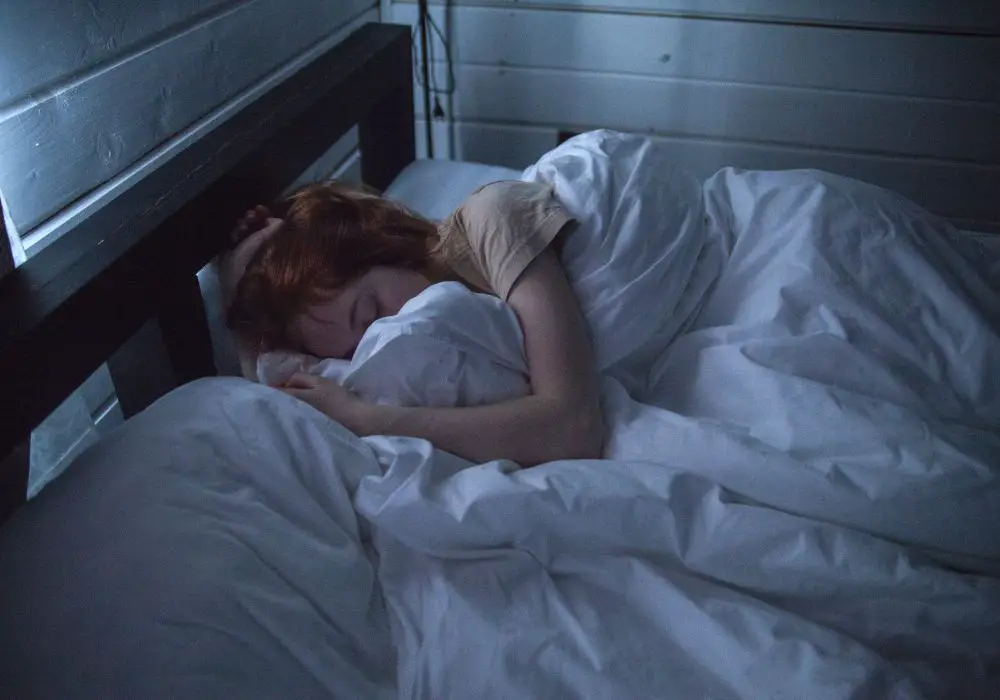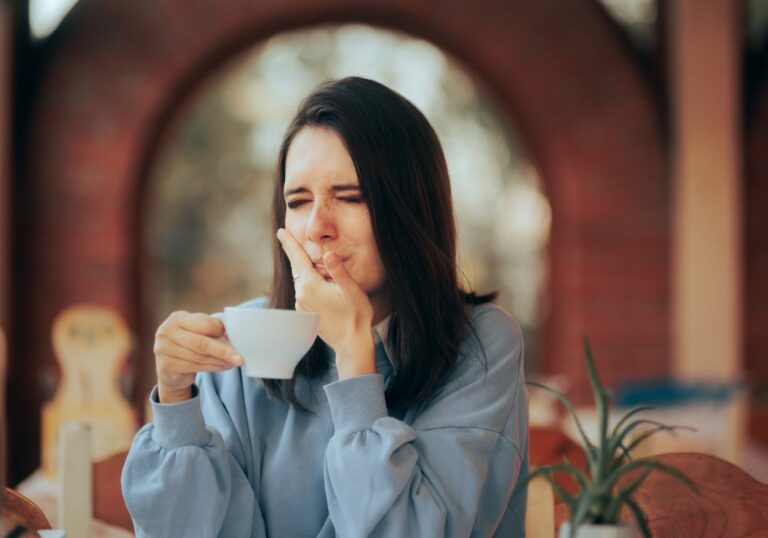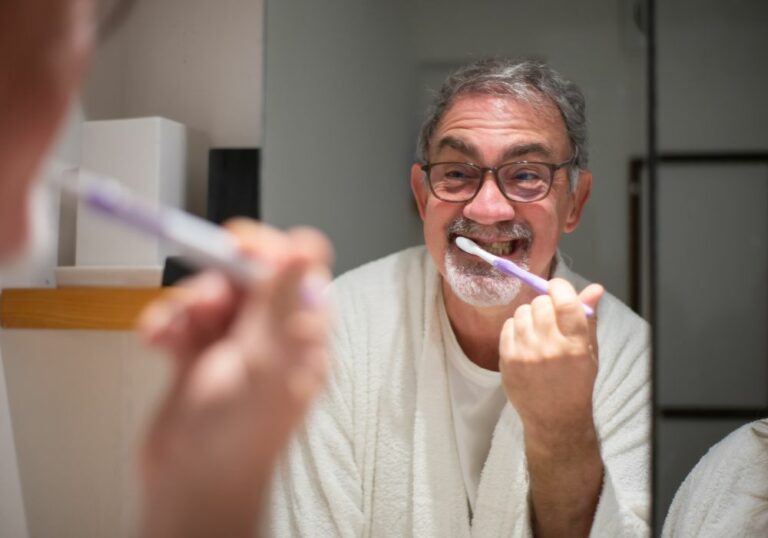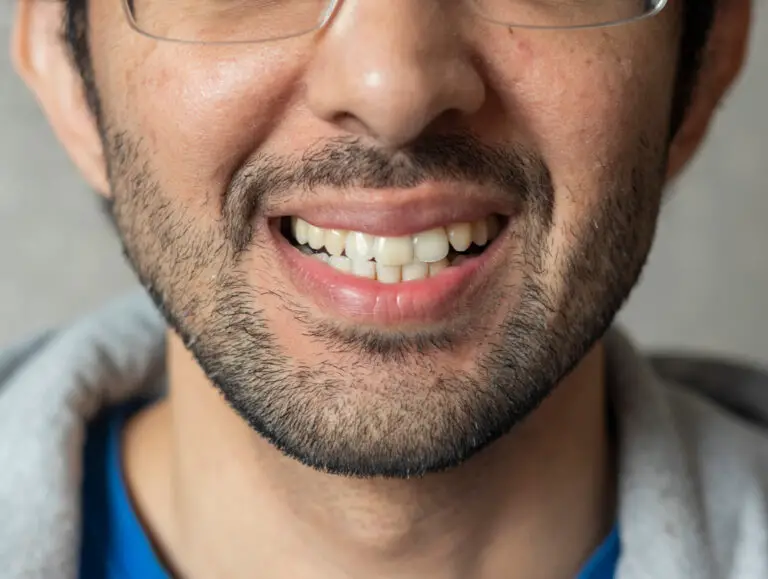Teeth grinding, also known as bruxism, involves unconsciously grinding, clenching, or gnashing the teeth. It typically happens during sleep, but can also occur when awake. Up to 15-33% of adults grind their teeth occasionally, with around 13% experiencing frequent bruxism that may require treatment. This condition can lead to dental problems like tooth damage, cavities, jaw soreness, and headaches.
Bruxism has a number of potential causes, including stress, sleep disorders, misaligned teeth, and genetics. Recently, there has been concern that stimulant medications used for treating attention deficit hyperactivity disorder (ADHD) may also contribute to teeth grinding in some individuals. Let’s take an in-depth look at the evidence.
Overview of Bruxism

Before focusing on ADHD medications, it’s helpful to understand bruxism in general:
- Bruxism can occur during sleep or while awake, though sleep grinding is more common and typically more destructive to teeth.
- Up to 70% of sufferers are unaware they grind their teeth since it happens unconsciously. Partners may notice loud grinding noises at night.
- Possible signs include flattened/fractured teeth, hypersensitive teeth, sore jaw muscles, dull headaches upon waking.
- Grinding patterns vary; some clench their jaws forcefully while others rub upper and lower teeth together more gently.
- While occasional teeth grinding is normal, frequent episodes can cause permanent dental damage and pain.
What Causes Teeth Grinding?
Research points to a number of contributing factors:
Stress and Anxiety
- There is a strong correlation between bruxism and conditions like stress, anxiety, and frustration. These appear to trigger teeth grinding, especially during sleep.
- Highly stressful periods often worsen bruxism. Grinding can provide a physical release for built-up tension.
- Those with chronic anxiety, depression, and anger issues are at higher risk.
Sleep Disorders
- Sleep disruptions like sleep apnea (impaired breathing) and sleep walking/talking have been linked to increased teeth grinding.
- Nightmares and frequent awakenings during the night also seem to exacerbate bruxism for some individuals.
Malocclusion
- Issues with the alignment between upper and lower teeth, known as malocclusion, may play a role in some cases.
- Misaligned teeth can place uneven pressure on the jaw, possibly making clenching movements more likely and comfortable. But more research is needed.
Genetics
- Estimates suggest that around 25-50% of bruxism cases may have a hereditary component. Those with a parent who grinds their teeth are at higher risk.
- Specific genes affecting the central nervous system and neurotransmitters like dopamine and serotonin may contribute to bruxism.
Medications
- Certain antidepressants, antipsychotics, and stimulants have been associated with bruxism, though evidence is limited. Let’s look specifically at ADHD medications next.
ADHD Medications and Teeth Grinding

ADHD is commonly treated with stimulant medications like methylphenidate (Ritalin, Concerta) and amphetamines (Adderall, Vyvanse). Could these drugs raise the risk of bruxism?
Evidence From Clinical Studies
- Clinical trials of ADHD meds rarely track bruxism frequency. But a 2013 meta-analysis found that across multiple studies, methylphenidate was associated with 9.1% incidence of new bruxism compared to 3.7% for placebo.
- This suggests methylphenidate may increase teeth grinding, especially considering those with prior bruxism are excluded from most clinical trials.
Case Reports
- There are also individual case reports where ADHD patients developed significant bruxism soon after beginning stimulant medication.
- For example, this 2004 report describes an 8 year old boy whose severe nocturnal teeth grinding resolved once methylphenidate was discontinued. Such cases provide added evidence of a link.
Possible Mechanisms
Researchers theorize a few ways ADHD medications could potentially contribute to teeth grinding:
- Stimulating dopamine activity – By increasing dopamine signaling, ADHD meds may activate the basal ganglia and trigger involuntary jaw clenching.
- Disrupting sleep patterns – These medications may impair sleep quality and duration, leading to increased bruxism at night.
- Inducing anxiety – Some individuals experience greater anxiety as a medication side effect, which may worsen grinding.
- Withdrawing during off periods – Stopping meds periodically could cause dopamine/serotonin declines and rebound worsening of bruxism.
ADHD Medication May Improve Bruxism in Some Cases
Importantly, treating ADHD with stimulants seems to lessen teeth grinding for some patients:
- ADHD itself is linked to more bruxism – Some research indicates those with ADHD have higher rates of teeth grinding on average, perhaps due to associated anxiety, poor sleep, and impulsivity.
- Treatment can reduce ADHD-related factors – By improving core ADHD symptoms, medications may then indirectly lower bruxism that stems from ADHD.
- Calming effects – Stimulants tend to have calming and focusing effects in those with ADHD. This could lessen grinding caused by hyperactivity, restlessness, and anxiety.
So while ADHD meds may directly worsen bruxism through side effects like sleep loss, they also have the potential to reduce grinding by controlling ADHD symptoms – especially if those symptoms contributed to bruxism in the first place. The effects likely depend on the individual.
Risk Factors for Medication-Induced Bruxism
Certain patients appear more vulnerable to new or worsened teeth grinding from ADHD stimulant medication. Risk factors include:
- Pre-existing bruxism – Those with current grinding or history of previous bruxism have higher odds of medication-triggered grinding.
- High medication doses – Studies show higher dose stimulant regimens have a stronger link to bruxism compared to lower doses.
- Children – Kids seem more susceptible than teens and adults, potentially due to developing brains and bodies.
- Comorbid conditions – Those with anxiety, OCD, autism, and other neuropsychiatric disorders may face greater risk.
- Family history – Having a close relative with bruxism could indicate a genetic predisposition.
By carefully monitoring at-risk patients, doctors may be able to prevent severe medication-related bruxism from developing.
Tips to Prevent Medication-Related Teeth Grinding

If you take ADHD stimulants, here are some tips to help minimize bruxism:
- Let your doctor know about any new grinding symptoms, which may prompt medication adjustments.
- Take periodic holidays from your medication if possible to give your body a break.
- Try stress and anxiety management techniques – like cognitive behavioral therapy (CBT), meditation, yoga, deep breathing, etc.
- Optimize sleep habits, and treat any sleep disorders present.
- Avoid alcohol and limit caffeine, especially in the afternoon and evening.
- Chewing gum during the day may relieve tension and reduce grinding at night.
- A custom dental night guard can protect teeth from damage during sleep grinding.
Seeking Help for Bruxism
See your dentist right away if you notice any symptoms of teeth grinding like headaches, jaw pain, tooth sensitivity, or facial pain. Inform them of any new medications.
- Your dentist can check for damage and may recommend a custom night guard to prevent further issues.
- For severe daytime clenching, they may suggest a smaller custom mouth guard to wear temporarily as needed.
- Physical therapy can help strengthen jaw muscles and addressAlignment issues that contribute to grinding.
- Referral to a psychologist or counselor may be warranted to tackle significant stress, anxiety, or sleep problems worsening bruxism. Getting these underlying issues under control is key.
Conclusion
ADHD medications like Ritalin and Adderall may potentially contribute to bruxism in a subset of patients. However, by treating ADHD symptoms the meds can also lessen teeth grinding in some cases. Those with pre-existing bruxism or anxiety conditions may be most vulnerable. Careful monitoring and preventative steps can help reduce risk. Speak to both your prescribing doctor and dentist if new worrisome grinding develops after beginning ADHD medication.
Frequently Asked Questions
Q: Are children or adults at higher risk for bruxism as a side effect?
A: Children may be slightly more vulnerable, potentially due to developing brains and bodies. But both kids and adults can develop medication-related bruxism.
Q: If my child’s grinding is severe, should she stop taking the ADHD med?
A: Don’t discontinue medication without consulting your pediatrician. Severe grinding warrants a medication adjustment, but other solutions like a mouth guard can also protect teeth. Finding the most effective ADHD treatment is key.
Q: Could improving my underlying ADHD help reduce teeth grinding?
A: Yes, it’s quite possible. Controlling core ADHD symptoms with medication and other therapies can lessen anxiety, restlessness, and sleep disturbances that may be fueling bruxism. Discuss this potential benefit with your doctor.
Q: What percentage of patients on Ritalin/Adderall experience grinding side effects?
A: Estimates vary. Anywhere from 1% to 10% of those taking stimulant ADHD meds may develop new or worsened bruxism. But many factors influence individual risk.
Q: If I take ADHD medication holidays, could that worsen rebound grinding?
A: Potentially. Stopping stimulant medication abruptly can sometimes worsen side effects initially. It’s ideal to taper dosage gradually rather than halt completely if discontinuing the medication. Consult your prescriber.







